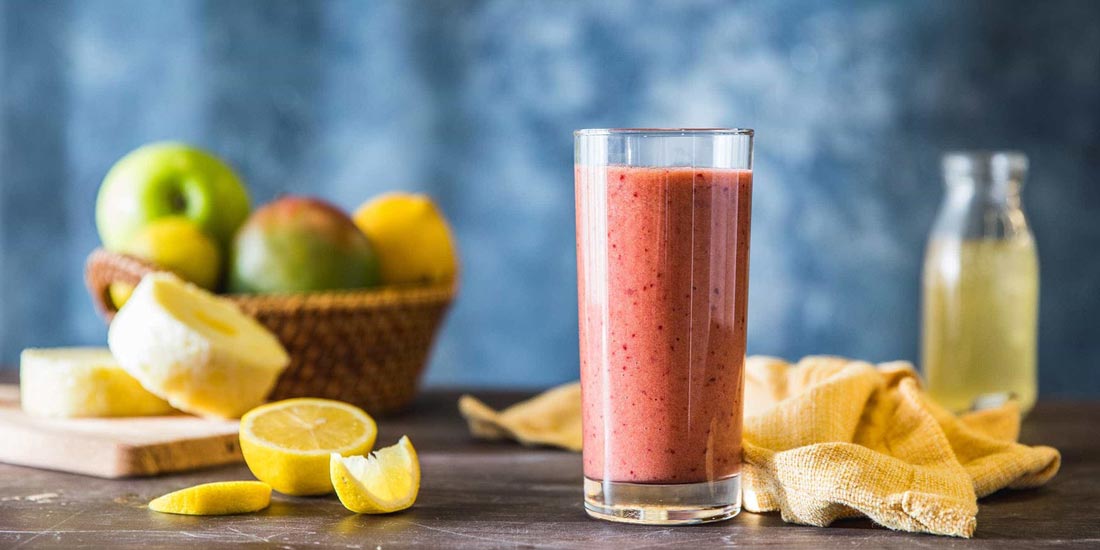

I think it is safe to say that the majority of people who want to boost their health, lose some weight, or feel more energetic definitely would have tried out a protein powder at some point!
What happens, though, when you think you’ve found a really good one, but you start experiencing Irritable Bowel Syndrome (IBS) symptoms, or it causes an exacerbation of a previous IBS tendency?
Let’s talk about the best protein powders to prevent IBS, and some ingredients that you may need to avoid!
1. Dairy Intolerance – Whey, Casein, Lactose
Whey and Casein are two proteins found in dairy products, and lactose is the sugar. About 65% of the human population do not have enough of the enzyme, called lactase, to digest lactose properly. Therefore, people can get symptoms of bloating, nausea or diarrhoea. Most protein powders are lactose free though, so where does this leave you?
Well, if lactose isn’t the issue, maybe it is whey or casein. These proteins can cause hyper-immune responses in a large amount of people. For example, this response could include mood problems, nasal congestion and thick mucous production, allergy symptoms, acne, eczema, rashes or psoriasis, or digestive problems that resemble IBS – constipation, diarrhoea, bloating, pain, gas, etc…
The best way to test if you have a problem with dairy consumption is to eliminate it for a week or 2, until symptoms have resided, and then try consuming it again. This is best done under the supervision and advice of a practitioner trained in Nutrition.
2. FODMAP intolerance and Protein Powders with Prebiotics
Fermentable, Oligo-, Di-, Mono -saccharides, And Polyols (FODMAPs).
These natural sugars in plant foods are meant to be digested by our healthy gut bacteria. However, for those who have dysbiosis (an imbalance of good/bad bacteria or micro-organisms in the gut), high FODMAP foods may cause symptoms of IBS. Most people then choose to avoid high FODMAP foods, however, they are necessary to feed the good bacteria. Natural plant fibres act as food for your good bacteria, so if you have a low fibre diet, even just for 2 weeks, this will change the levels of bacteria in your gut. Therefore, instead of avoiding high FODMAP foods indefinitely, and starving your good bacteria, talk to a practitioner and understand how to use probiotics and prebiotics to boost your gut health once again.
Some protein powders contain added fermented foods or plant fibres to assist with gut health. These can help over time, but you may need to add them in slowly to build up a tolerance.
3. Soy Allergy
Soy allergy is on the list of top 10 allergies worldwide. An allergy is different to an intolerance, so even if you have been tested for an IgE Allergy, you may still be reacting at a high level with other immune molecules (IgA or IgG). An elevation of any of these immune markers could be responsible for IBS symptoms. Soy and soy derivatives can be found in a huge variety of foods now, so you would have to read the labels carefully to know. Some protein powders are based on soy as a whole food or as an isolate, so if you suspect a problem, as mentioned above, you could eliminate and challenge soy, or receive testing from a practitioner.
4. Pea, Rice, Hemp or Spirulina based protein powders
These four are definitely seen as the most healthful protein powders. Some argue that whey protein isolate is the best for protein recovery and growth, however, when you understand that it mostly comes down to the levels and quick availability of amino acids, you can feel comfortable using other food sources if whey doesn’t seem to agree with you.
Pea protein is commonly used now, and you will often see the combination of rice and pea to boost the amino acid profile. Hemp and Spirulina are two amazing food sources of protein, and are often produced as protein powders now. Their taste and texture can be a little unpalatable, however, it depends on the brand and combination within the product.
Summary:
If you have IBS symptoms, it would be best to try a pea or rice based protein, while eliminating dairy or soy for at least a week. As mentioned, see a practitioner who is trained in Nutrition, and who can help you to connect the dots. Taking probiotics with a gradually increasing amount of soluble fibre should help to regulate your gut bacteria health over time. However, as the health of your gut is so vital, always get professional advice first!










